I know what you’re thinking…how can exercise harm me? While take it from me, I’ve been a fitness instructor for over eleven years now and always been a gym rat as well as running track as a sprinter in high school and university – you can overdo it!
Exercise in general has many proven benefits from lowering stress levels, (one of my favorite ways of beating stress), increasing energy, improving cardiovascular health and more.
When you exercise it’s important to allow the body to rest as well, especially if you’re trying a new activity. Exercise can stress the body if you push too hard and overtrain. Your body actually needs time to adjust to the movements and if that is not given you can injure yourself, throw off your hormones, metabolism and even ‘burnout’ too soon. If starting a new exercise regime I encourage you to also look at your diet and ensure you’re eating to support the excertion you’re putting on your body, (‘food as nature intended’ with the right balance of macronutrients) and getting plenty of sleep for your body
If you’re reading this and wondering if the type of exercise you’re doing is good for you, then ask yourself if it is making you happier, achieving greater health and increasing your energy levels? If you’re engaging in exercise that is leaving you really exhausted, feels really forced and isn’t increasing your mood, then maybe you’re doing the wrong type of exercise. I know after teaching Zumba all these years, it ticks all my boxes and after a class I’m focused, more energetic and have a huge mood lift (same goes for Piloga)!
We are all different and what foods or way of eating works for one, doesn’t work for another and the same goes for exercise. We all have different exercise thresholds, so don’t compare yourself to your friend who does crossfit four times a week. For good cardio health I have found that sticking to 30-60 minutes 3-5 times a week is optimal. Ensure you’re resting between workouts, (especially if you’re weight lifting) to allow the body time to repair and recover.
If you’re wondering if you’re overtraining, here are a few telltale signs: trouble sleeping (increase your magnesium as this is used when exercising), increased soreness that doesn’t go away, joint pain, chronic exhaustion, heart palpitations and irregular or missed periods.
So, how does overtraining really hurt you? Firstly, it can stress your adrenal glands, your ‘stress’ glands. Too much exercise without proper rest can cause chronic stress and is linked to adrenal fatigue where your glands become exhausted and stop releasing cortisol and adrenaline and you become flat, (hello I can’t get out of bed type of flat). Your adrenal glands respond to increased exercise and release more cortisol, (cortisol can signal fat storage within the body) and adrenaline, but if they are overworked for too long, (and often there are other life stressors on top of the exercise) then they become very tired. In fact, if you’re already really stressed because of work, home life, I recommend a gentle form of exercise that’s calming for the nervous system such as yoga, tai chi or pilates. I know it sounds strange but I’ve found when I’m on holiday doing nothing, I actually lose weight and that’s because I’m relaxing and my body is burning fuel properly and not over-worked.
One thing I want to mention is the popular advice to exercise more and decrease calories…this is actually not good advice! This can be very damaging to the metabolism. I’m a huge fan of short interval training compared to longer exercise regimes like running distances. Exercise actually impacts your hormones, and fat metabolism can actually decrease with too much intense cardio exercise as it elevates your cortisol levels and can impair your insulin sensitivity, (I learned this with too many spin classes and starting noticing I was getting shaky and light headed, excessively thirsty and actually gaining weight). Remember, high cortisol levels are associated with fat storage and insulin resistance which is imperative for controlling blood sugar levels. If you start a calorie deficit diet and start exercising too hard your body may start to think your starving it and will instead hold onto every calorie you eat in a survival method. Your body thinks it then needs to start slowing down bodily functions to conserve the energy it has. In fact, you may end up eating even more when exercising to make up for the calories burned. That’s why I suggest short internal training. For example, 20-30 minutes of cardio versus 60 minutes, and plenty of nutrient dense foods for recovery, such as: cruciferous vegetables (broccoli, cauliflower, cabbage and Brussel sprouts), leafy greens, berries, nuts and seeds, eggs and lean meats.
Lastly, I just want to mention the effect over training can have on your hormones. When your body gets the signal that it’s being over-worked, it can cause your stress hormones to be released at a higher rate. Your body will always produce stress hormones over sex hormones first. A good example of this is your adrenal glands producing cortisol over progesterone. Progesterone is needed to build your uterine lining for menstruation and embryo implantation if you’re trying to get pregnant. You need progesterone for both and too much stress will mean you’re deficient in progesterone. You will also get an increase in estrogen and PMS type symptoms such as low libido, sugar cravings, insomnia, acne and other hormone issues.
There is much more to say on this topic, but I’ll stop here for now. In summary, the ‘eating less and exercising more’ approach isn’t healthy for your body and can cause a number of unwanted side effects. I’m all for exercise but not the kind that is excessive and leaves you tired, anxious and out of balance. Instead try shorter bouts of higher-intensity with some weight lifting or if you know you’re really stressed already, yoga or tai-chi. Save some fuel in the tank and go for about 80% your maximum heart rate, so you’re not flat by the end of the workout. This way of exercising will be kinder to your nervous system, adrenal glands and help you still lose weight in a healthy way. Happy exercising!


